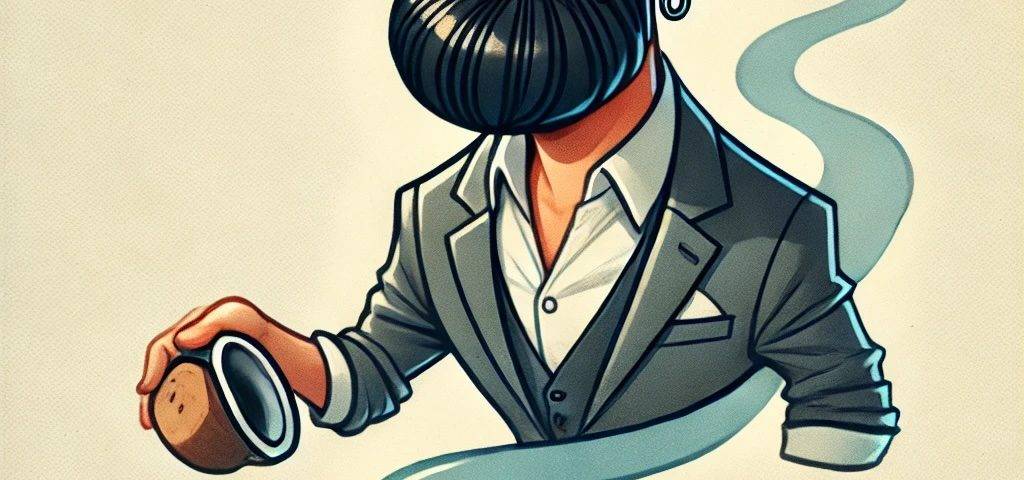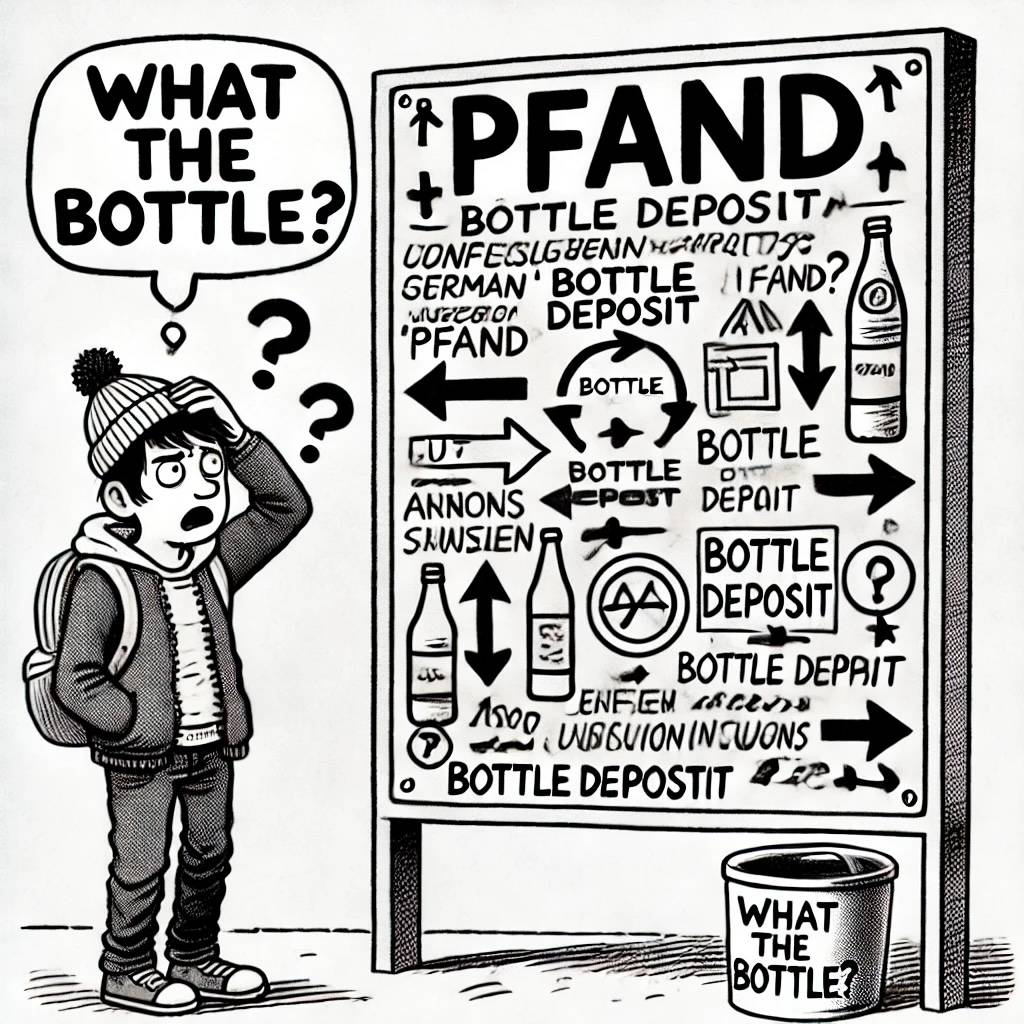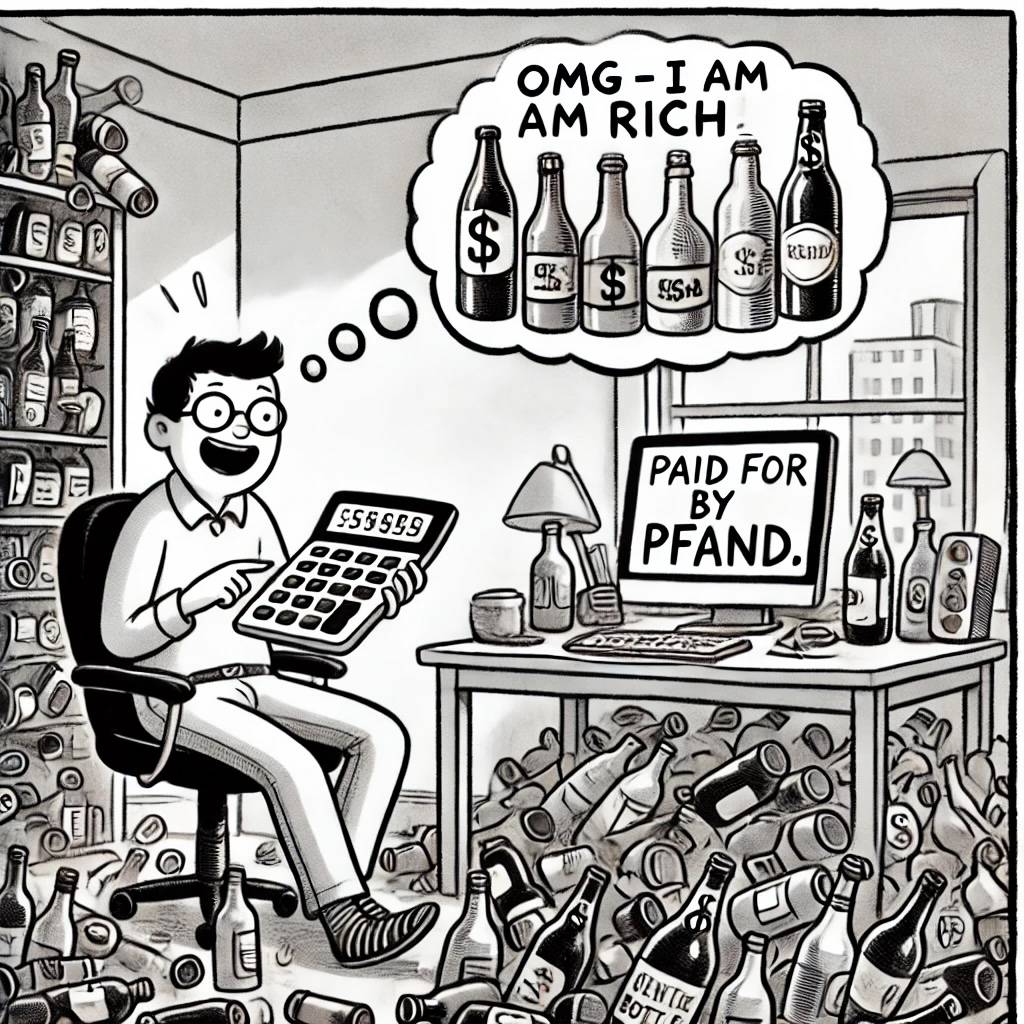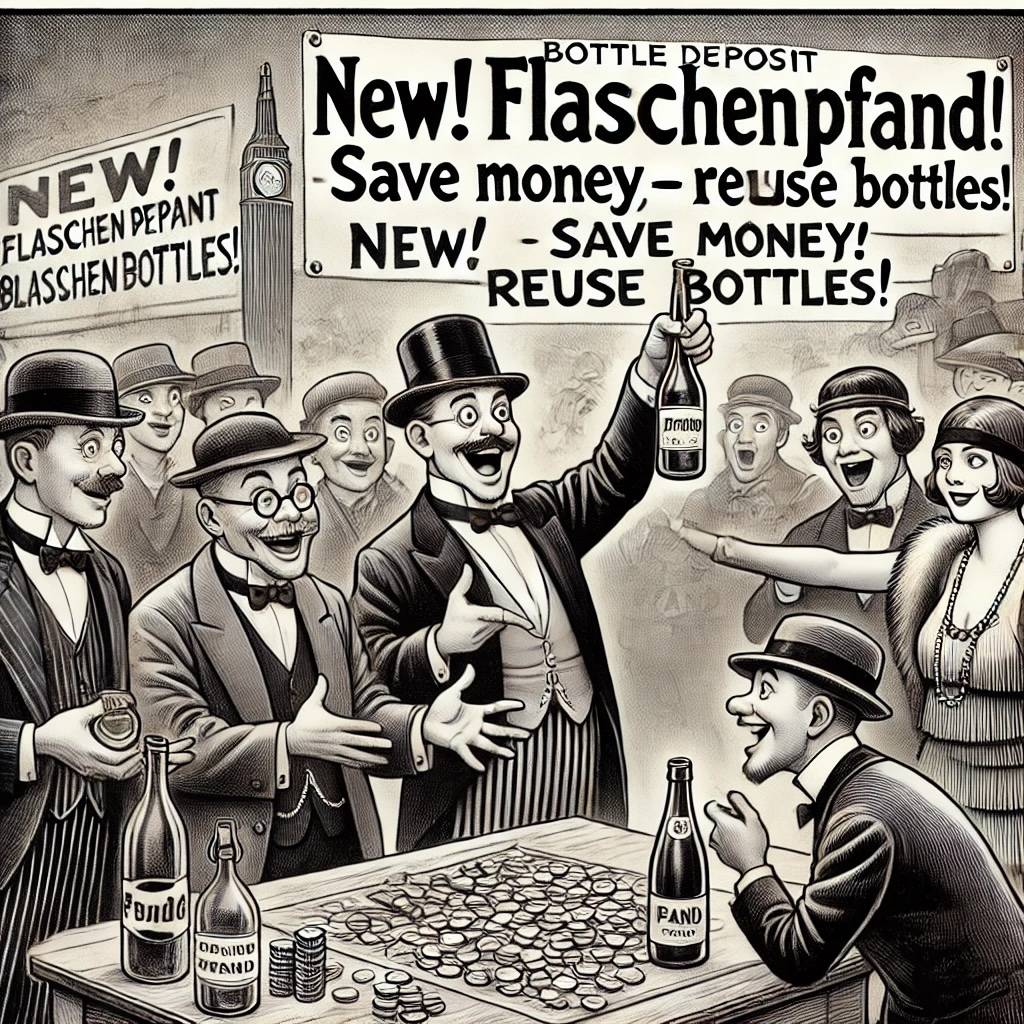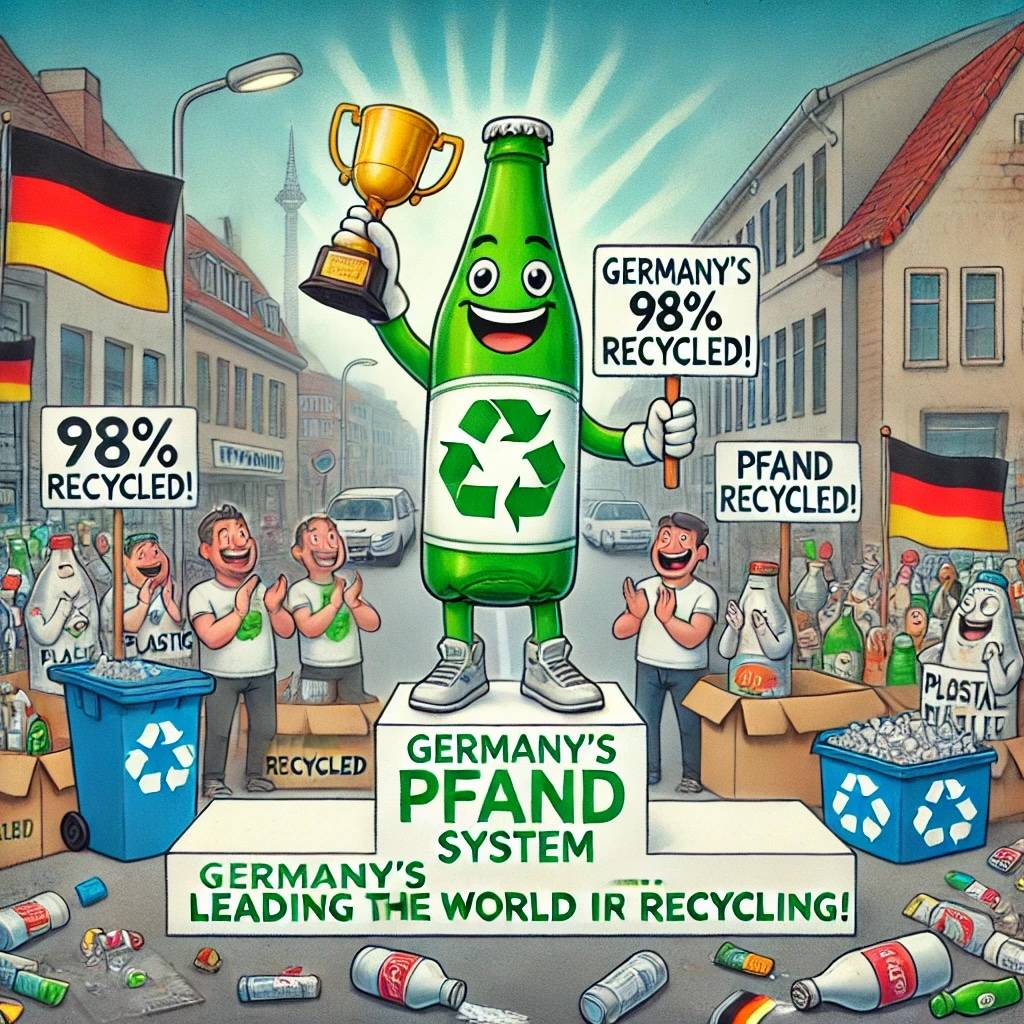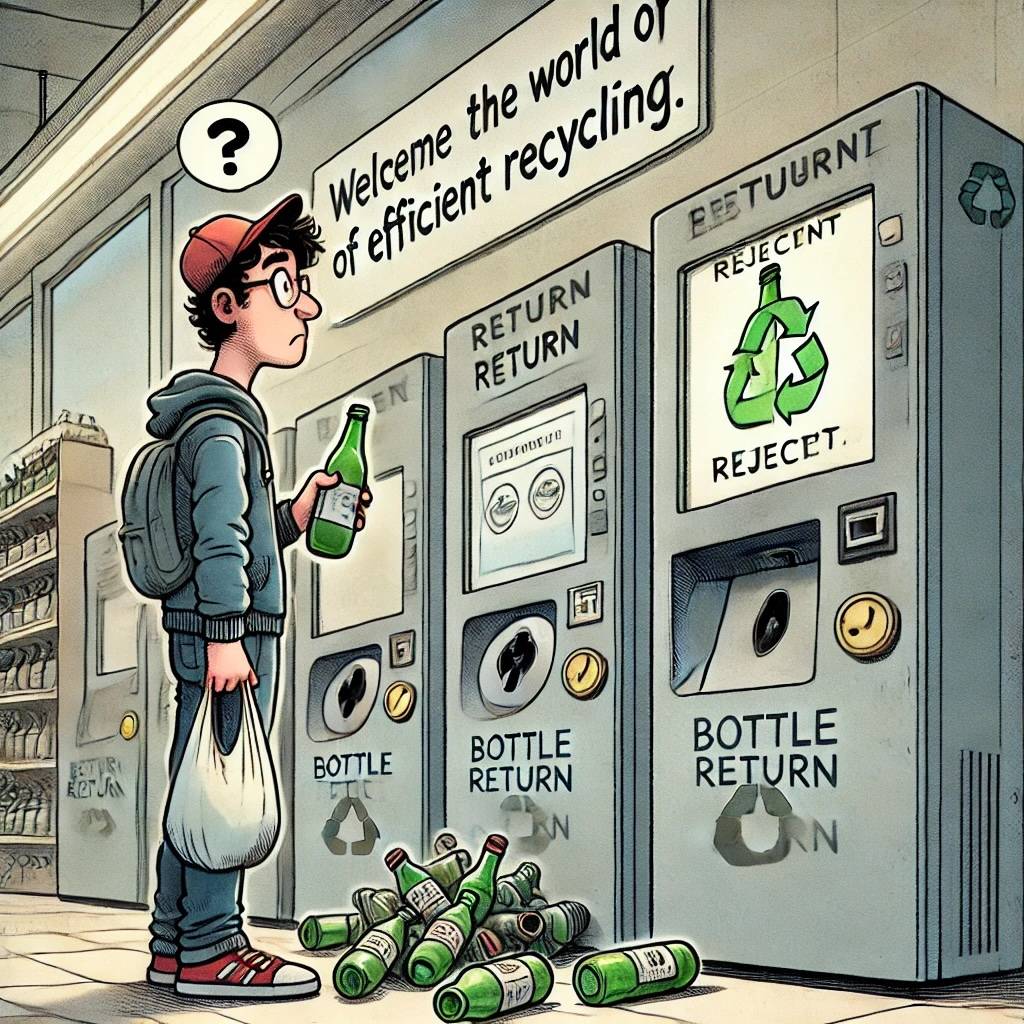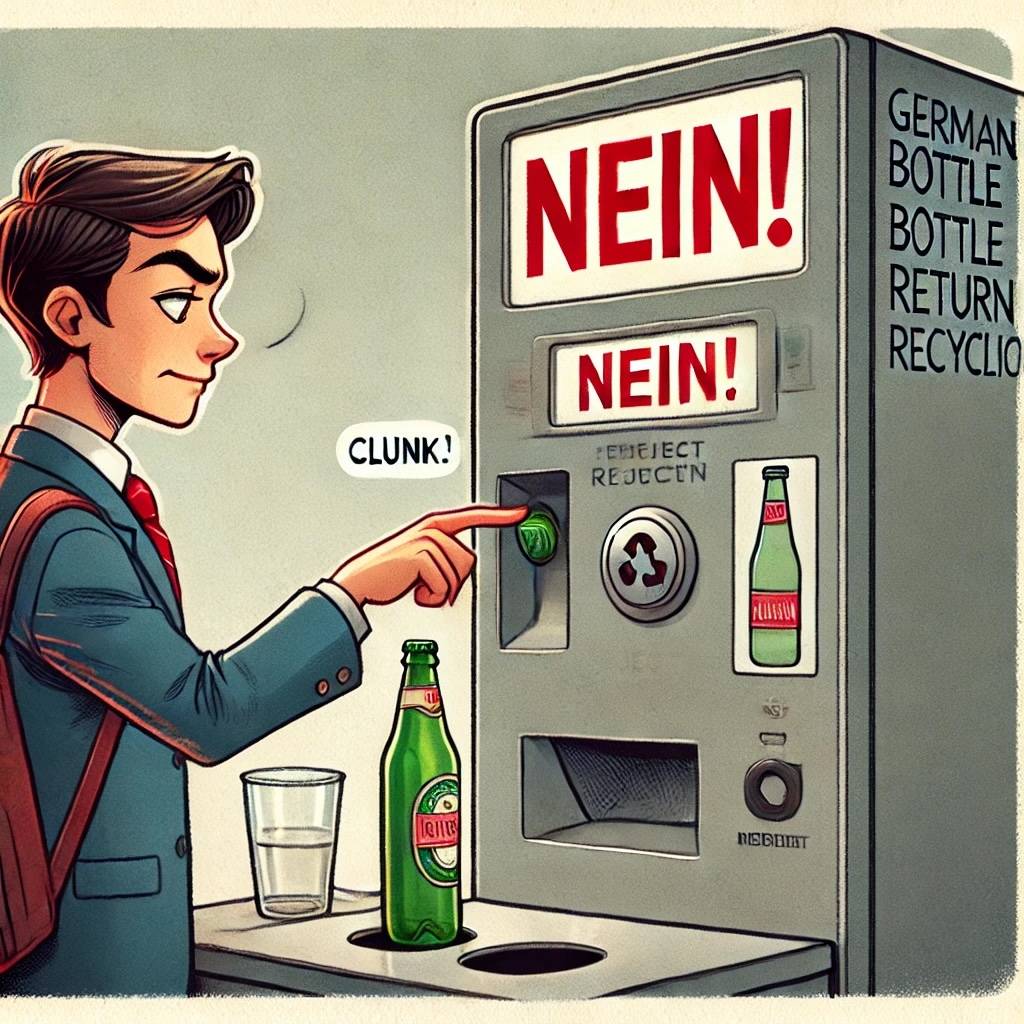
Update from the Chancellor – The Unicorn & Oktoberfest
10. October 2024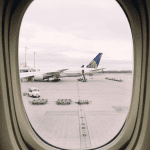
Project Week – Munich Airport: Strategic Marketing and Operational Excellence in a Major European Hub
10. December 2024One of the most baffling and confusing experiences for foreigners in Germany is navigating the bottle recycling system. Picture this: You’re a new student, fresh off the plane, ready to embark on your academic journey in Munich. You stock up on beverages to fuel your late-night study sessions, only to discover that each bottle comes with a mysterious “Pfand” (deposit) of 8 to 25 cents.
At first, you might shrug it off, thinking, “Well, what’s a few extra cents? I’ll throw those bottles into the bin”. This is called the present bias – the immediate convenience of tossing the bottle in the trash over the future benefit of recycling it for a small deposit. But as the bottles pile up in your student room, you, if you are a good business student, you realize that those cents are adding up and it’s time to venture into the world of German bottle recycling.
Let’s do some math, shall we? Say you consume two bottles per day – one with an 8-cent deposit and another with a 25-cent deposit. That’s a daily deposit of 33 cents. Multiply that by 365 days, and you’re looking at a whopping €120.45 per year! That’s right, your bottle recycling efforts could potentially fund a (tiny) weekend getaway or a dinner at a fancy restaurant.
But did you know that Germany’s bottle recycling system has a rich history? It all started back in 1929 when the first “Flaschenpfand” (bottle deposit) was introduced to encourage reuse and reduce waste. Fast forward to the 1970s, when the country experienced a growing concern for the environment, leading to the adoption of the “Abfallbeseitigungsgesetz” (Waste Disposal Act) in 1972. This act laid the foundation for Germany’s modern recycling system.
In 2003, Germany introduced the “Pfand” system for single-use containers, which expanded the deposit scheme to include plastic and metal bottles. This move significantly increased recycling rates and reduced litter on the streets. Today, Germany boasts one of the highest recycling rates in the world, with over 98% of recyclable bottles being returned and recycled.
Interestingly, there is a group of people in Germany known as “Pfandsammler” or “bottle collectors” who make a living by collecting and returning bottles for their deposit value. These individuals, often from disadvantaged backgrounds, roam the streets and public spaces in search of discarded bottles. Some of these dedicated collectors can earn a substantial amount of money through their efforts. According to the bottle deposit report, a diligent bottle collector can earn up to €1,000+ per month by gathering and returning bottles. This income helps them make ends meet and provides a means of subsistence. While the work is demanding and often overlooked by society, it plays a crucial role in keeping cities clean and contributing to Germany’s impressive recycling rates.
Armed with a bag full of clinking bottles and the knowledge of your potential annual savings, Germany’s recycling history, and the impact on bottle collectors, you make your way to the nearest supermarket. You spot the bottle return machines, usually tucked away in a corner, like a secret portal to a world of efficiency and environmental consciousness. With a mix of respect and determination, you approach the machine.
That’s when the fun begins. You insert your first bottle, waiting for the satisfying clunk and the digital display confirming your refund. But wait! The machine spits the bottle back out, flashing an error message that might as well be written in hieroglyphs. You try again, this time with a bottle that looks identical to the one before. Success! The machine accepts it, and you feel a small rush of triumph.
As you continue feeding the machine, you realize that there’s an art to German bottle recycling. Some bottles are accepted, while others are rejected with a stern mechanical “Nein!” It’s like a high-stakes game of chance, where the prize is a handful of coins and the satisfaction of knowing you’re doing your part for the environment.
But here’s the secret, my dear students: Embrace the bottle recycling experience. Not only are you helping to reduce waste and promote sustainability, but you’re also participating in a quintessential German tradition. Plus, think of all the extra cash you’ll have for those late-night döner kebabs or trips to the biergarten.
So, next time you find yourself in front of a bottle return machine, remember: It’s not just about the Pfand. It’s about embracing the quirks and charms of living in Germany. And who knows? You might even develop a newfound appreciation for the satisfying clink of bottles as you feed them into the machine, one by one.
Happy recycling, and “Prost!” to a greener future (and a healthier wallet)!
Sascha Liebhardt

